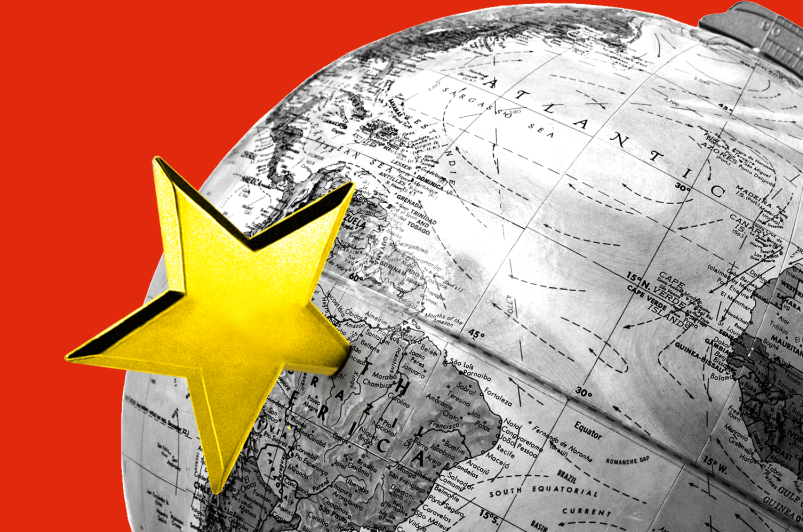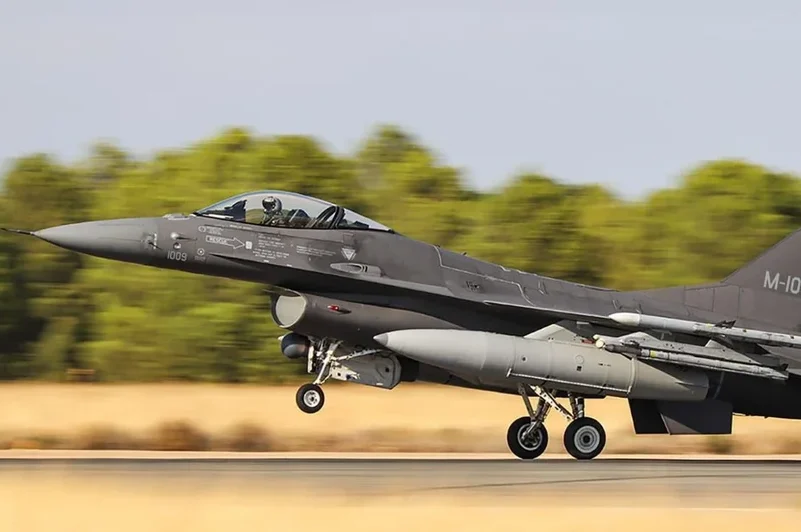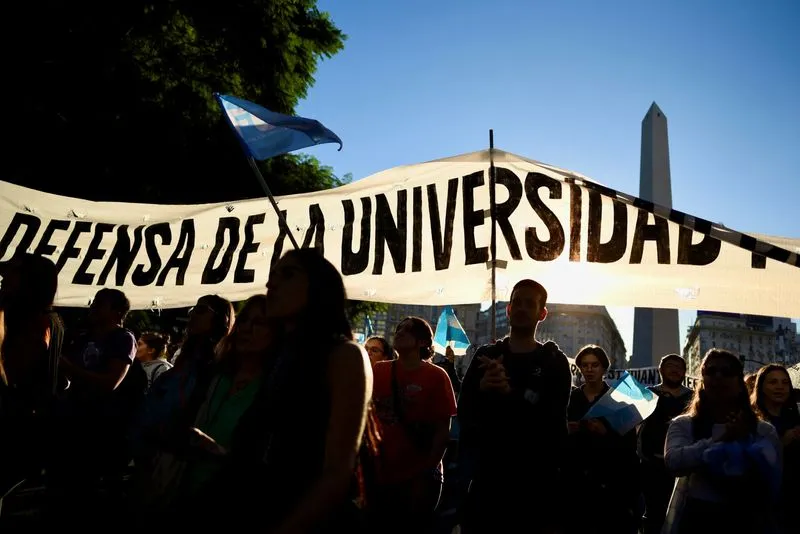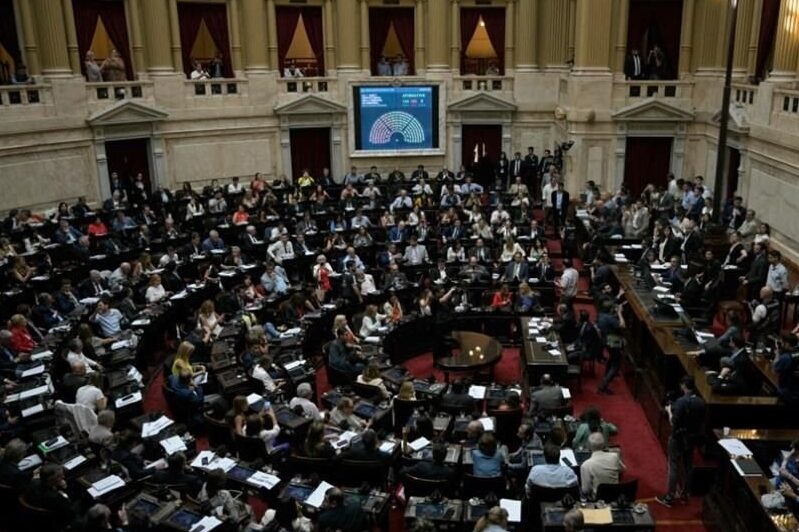China strengthens itself in Latin America

China strengthens Latin America through Argentina’s invitation to the BRICS bloc, which joins Brazil in the region.
This invitation is not free; China strengthens itself in Latin America every year through investments and political agreements with economic backing. Thus, Xi Jinping facilitates negotiations with the IMF, contributes millions of yuan to the Central Bank’s coffers, and allows the flow of imports to continue despite the absence of reserves.
The communist leader limits the autonomy of the Casa Rosada in the face of Beijing’s global agenda. Argentina’s entry into the BRICS bloc was a sudden move that strengthens China’s geopolitical strategy.
Now, China strengthens itself in Latin America as the axis with South America appears stronger, considering relations with Venezuela, Bolivia, and Brazil.
Xi Jinping plays in the competition for world power with Joseph Biden and leverages Alberto Fernández’s political weakness.
The President of Argentina is trying to build his own historical legacy, and the communist leader took advantage of that personal weakness to place Argentina in a forum that operates as a multilateral battering ram against the White House.
In this regard, Alberto Fernández presents Argentina’s entry into the BRICS as a shining triumph of his foreign policy.
But what could be the consequences for Argentina when the balance tips towards China? It’s worth remembering that Biden supported negotiations with the International Monetary Fund (IMF), enabled credits for public works at the Inter-American Development Bank (IDB) and the World Bank.
Argentina’s response is to join an anti-United States bloc. Xi Jinping is a hidden partner of Vladimir Putin in the war in Ukraine and operated in secret to achieve a historic agreement between Saudi Arabia and Iran.
Argentina in doubt
Alberto Fernández positioned the country at the entrance of the BRICS, and it will depend on the future president to decide whether to cross the threshold. So far, there is only a formal invitation that must be finalized in 2024.
But on the horizon are Javier Milei and Patricia Bullrich, who have already indicated that they will not take that diplomatic step. As for Sergio Massa, he has remained in cautious silence.
Xi Jinping provided $18.5 billion in yuan that support the Central Bank’s reserves, allows a portion of those funds to be used for foreign trade, and was crucial in July to prevent Argentina from going into arrears (default) with the IMF.
Milei, Bullrich, or Massa will face a difficult situation with China if they reach Balcarce 50 (Argentinian presidential residence). If they reject the invitation to the BRICS, Beijing can withdraw its support and place the country in a situation of extreme weakness in the markets, production, and the IMF.
Seen from the outside: China helps enter the BRICS, using Brazil as a front, and lends a paltry sum to its finances—$18.5 billion. But in exchange, it can control the Hidrovía (waterway) or compete with the United States in supplying key weaponry to the Armed Forces.
BRICS is an acronym involving Brazil, Russia, India, China, and South Africa; as partners of Argentina, but as a bloc, they are enemies of the United States.






